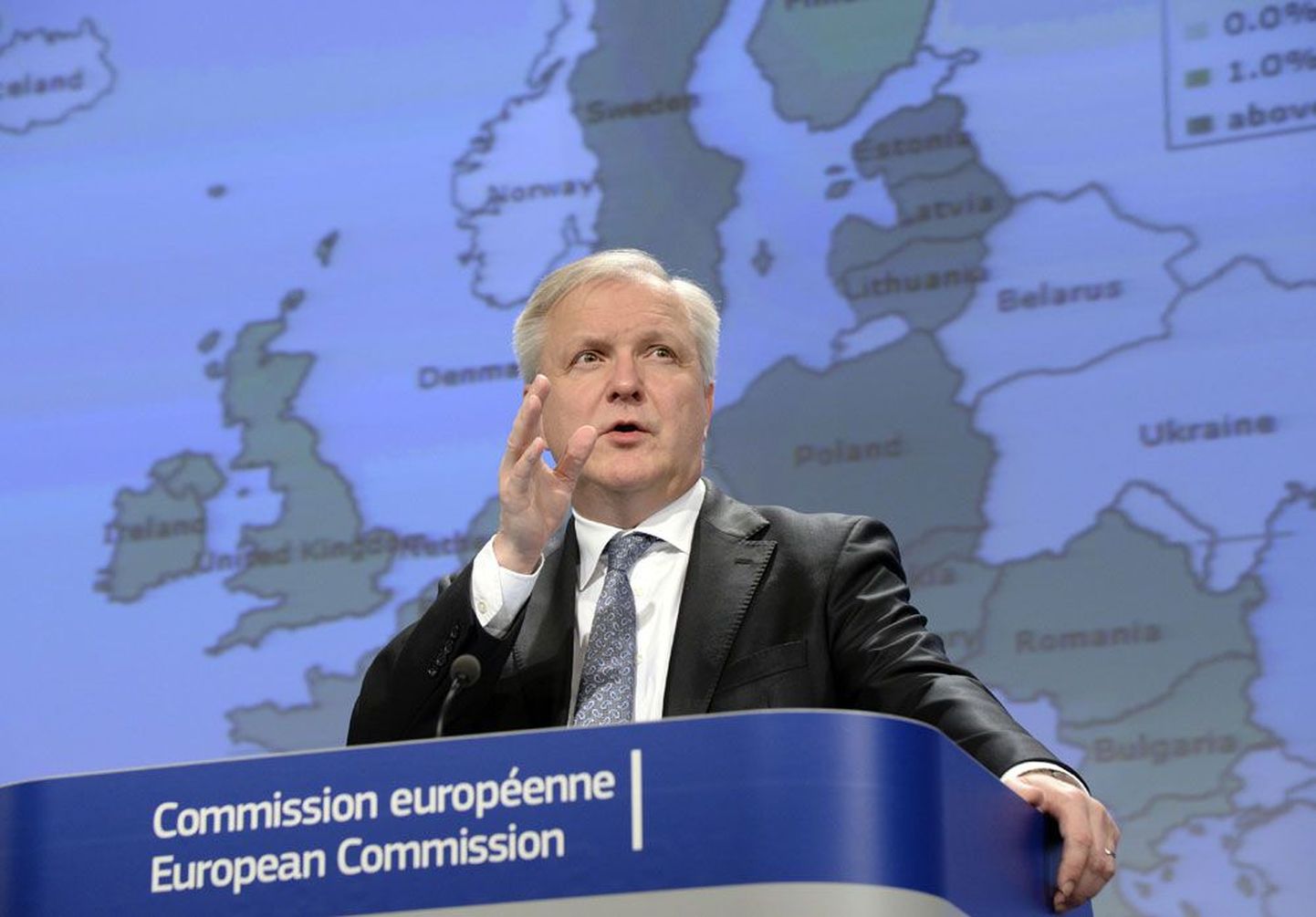Second, the capacity of the economy to reorient itself is held back by increasing costs, which have squeezed profitability and investment.
Third, while Finland is top of the league of international competitiveness and is investing about 3½% of GDP in R&D, the declining efficiency of R&D spending and slow investment make it difficult to translate the high innovation potential into new marketable products.
The competitiveness of the Finnish economy can be improved through measures to fuel innovation by making optimum use of the country's high R&D potential and providing tailored support for smaller firms, making it easier for them to export. A further focus on energy efficiency would also have a positive impact on Finland's cost competitiveness and trade balance.
To counter the decline in the working age population due to the ageing of the population, we need to get more young people, long-term unemployed and older workers into work, as well as to increase the effective retirement age and improve the possibilities for part-time work to avoid shutting people out of the job market.
Finally, Finland has very close ties with Estonia and the Scandinavian countries, not least in the areas of trade, labour markets, investments and tourism. If Finland was more competitive in its exports, there would be additional resources to import and to consume Estonian goods as well as to spend more on tourism and offer jobs. Neighbours with strong economies are mutually beneficial!
How will the state of Finland overcome the image crisis caused by the difficulties faced by the former technology forerunner Nokia, leading to the sale of the telephone production to Microsoft?

